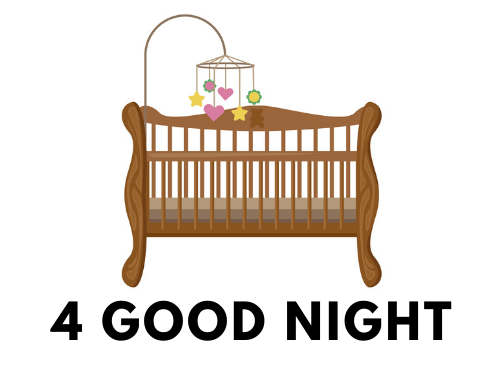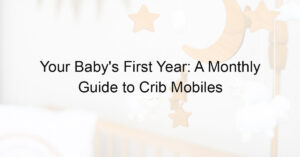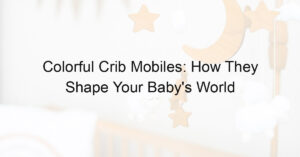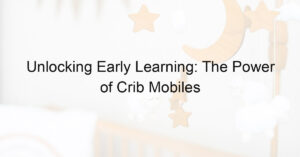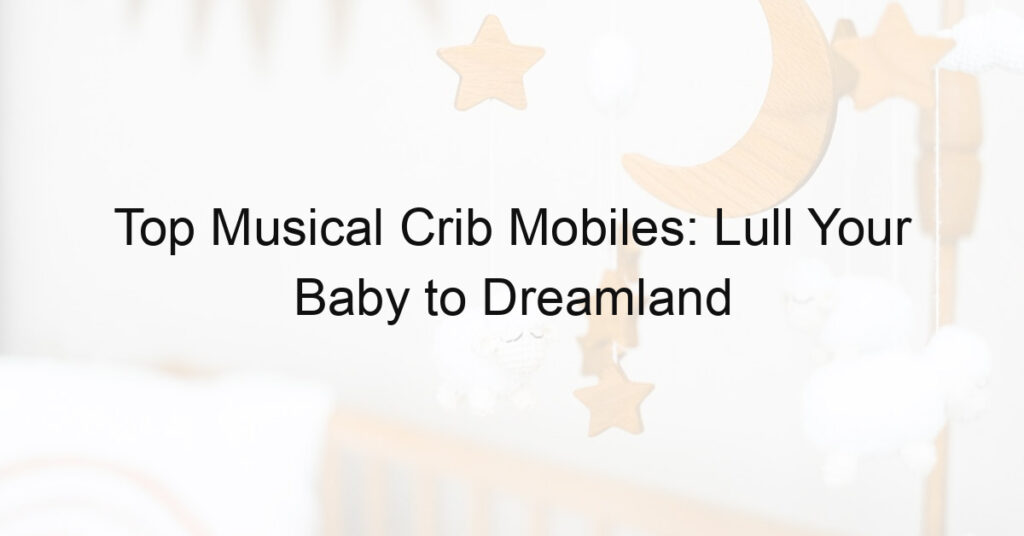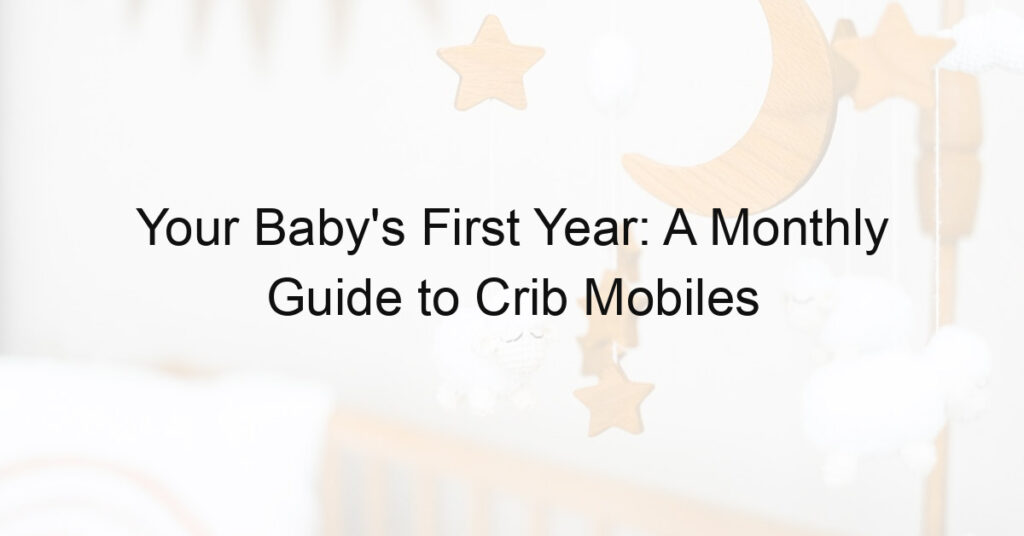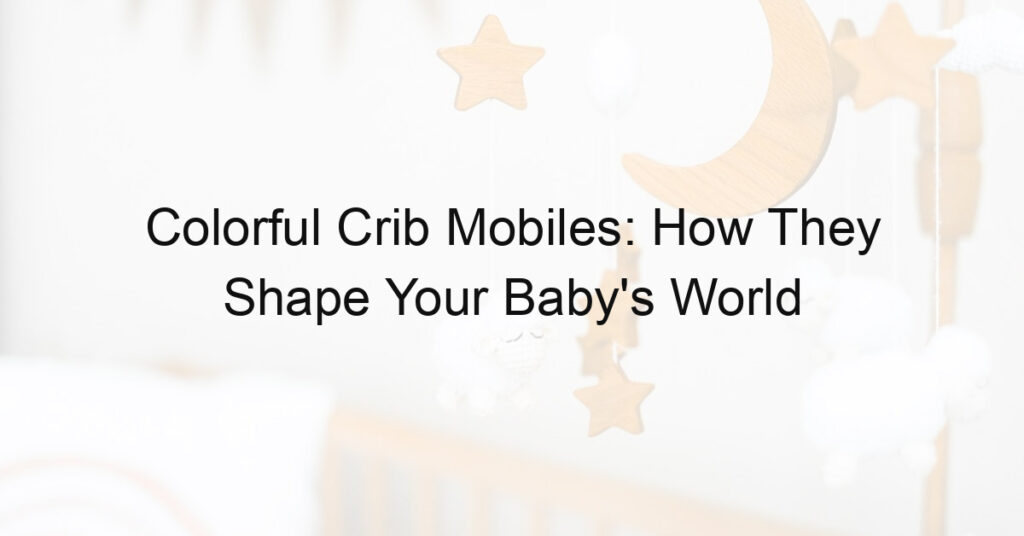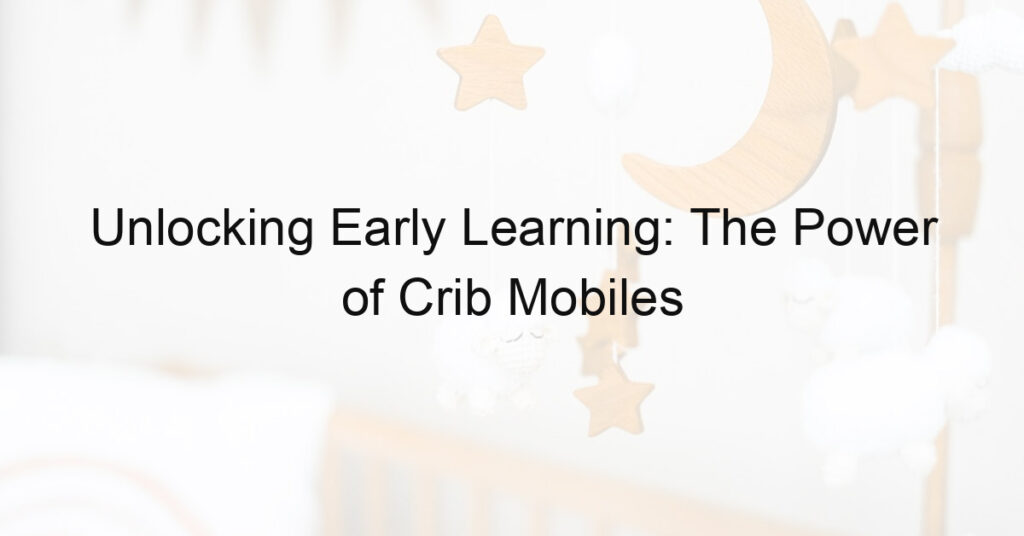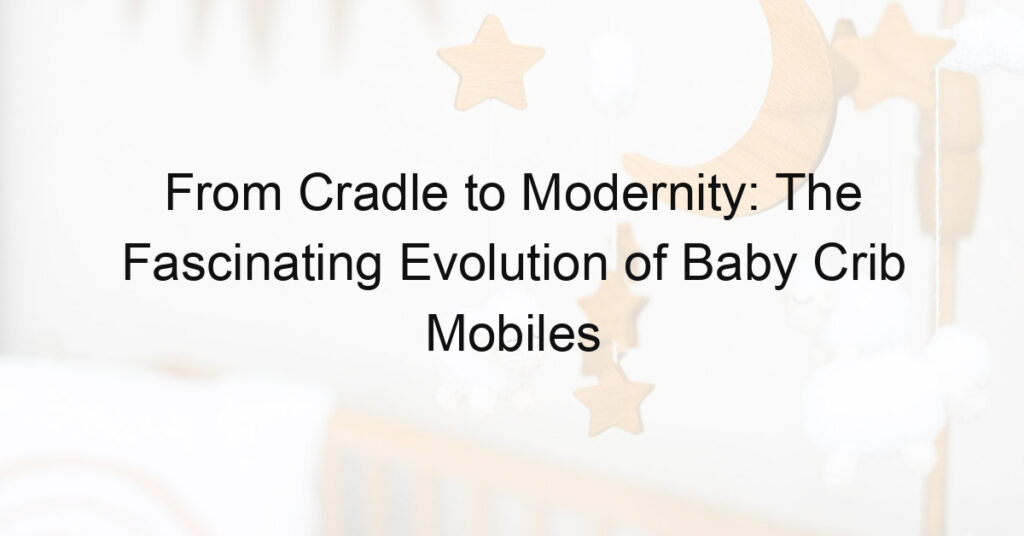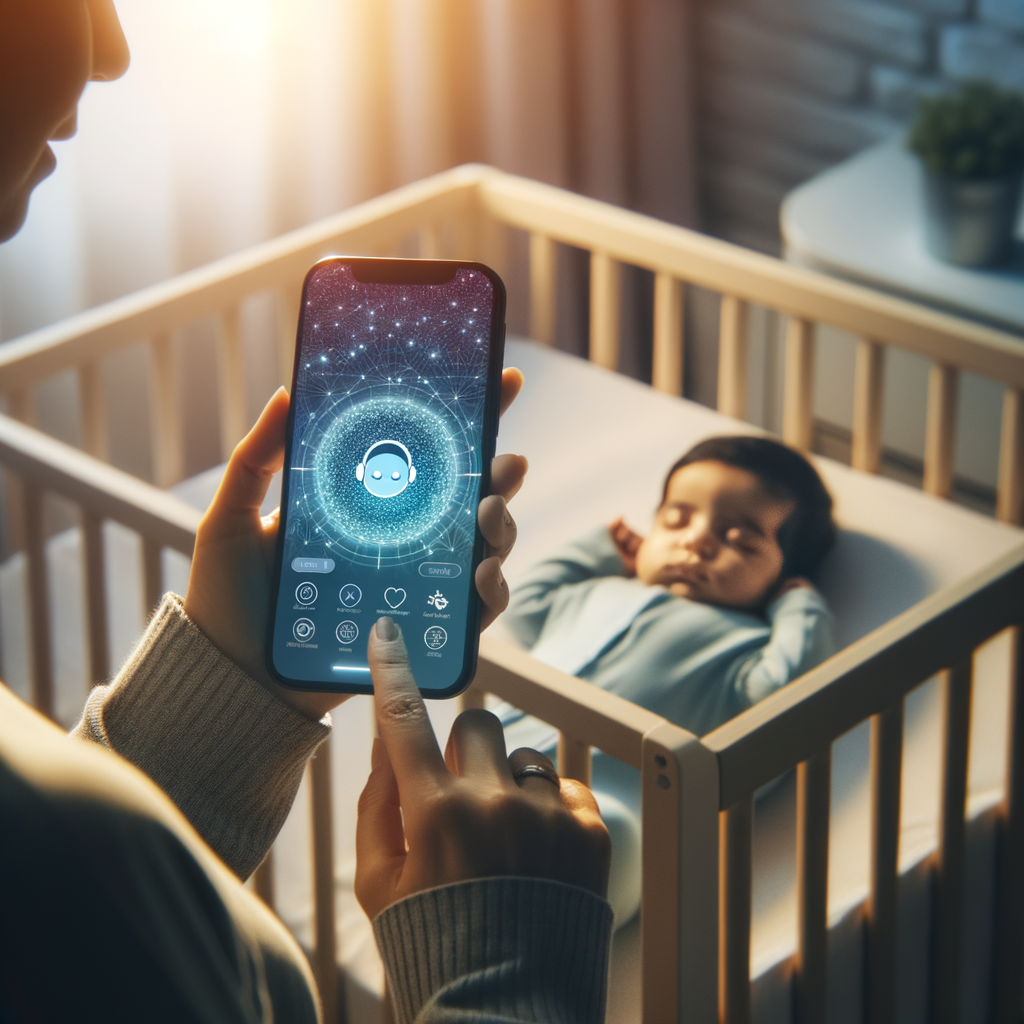
Introduction to Baby Sleep Apps
As a parent, ensuring your baby gets enough sleep is a top priority. With the rise of technology, there are now tools designed to help with this task. Enter baby sleep apps. These apps are designed to help your baby fall asleep, stay asleep, and track their sleep patterns. In this blog post, we will provide an overview of baby sleep apps and discuss how technology is shaping baby sleep solutions.
- Overview of Baby Sleep Apps
- How Technology is Shaping Baby Sleep Solutions
Baby sleep apps are mobile applications that provide a variety of features to aid in your baby’s sleep. These features often include sleep trackers, white noise generators, lullabies, and sleep schedules. Some apps even offer expert advice and personalized sleep plans based on your baby’s age and sleep patterns.
For example, an app might have a feature that plays soothing lullabies or white noise to help your baby drift off to sleep. Another feature might be a sleep tracker that records how long your baby sleeps and when they wake up. This can help you identify patterns and make adjustments to your baby’s sleep schedule if necessary.
Technology is playing a significant role in shaping baby sleep solutions. With the use of advanced algorithms and artificial intelligence, baby sleep apps can analyze your baby’s sleep patterns and provide personalized recommendations to improve their sleep.
For instance, some apps use motion detection technology to monitor your baby’s movements during sleep. If the app detects too much movement, it might suggest that your baby is not getting a deep, restful sleep and provide tips on how to improve this.
Moreover, technology allows for the collection and analysis of large amounts of data. This data can be used to identify trends and provide insights into how different factors, such as feeding times or room temperature, might be affecting your baby’s sleep.
In conclusion, baby sleep apps are a valuable tool for parents. They offer a variety of features to help your baby get a good night’s sleep and provide insights into their sleep patterns. As technology continues to advance, we can expect these apps to become even more sophisticated and effective.
Understanding the Importance of Baby Sleep
When it comes to the health and development of babies, sleep plays a vital role. It’s not just about keeping them quiet or giving parents a break. Sleep is a crucial part of a baby’s growth and development. In this section, we will explore why good sleep is essential for babies and the common challenges parents face in achieving baby sleep.
- Why good sleep is crucial for babies
- Common challenges in achieving baby sleep
- Irregular sleep schedules: Babies often have irregular sleep schedules, making it hard for parents to establish a consistent bedtime routine.
- Teething: Teething can cause discomfort and disrupt a baby’s sleep.
- Illness: Illnesses like colds or ear infections can make it difficult for a baby to sleep.
- Overstimulation: Too much activity or noise close to bedtime can overstimulate a baby, making it hard for them to fall asleep.
Good sleep is more than just a time for babies to rest. It’s a time when their bodies grow and their brains develop. According to the National Sleep Foundation, newborns need up to 17 hours of sleep a day, while toddlers need about 11 to 14 hours. This sleep is critical for their physical growth, brain development, and immune system strengthening. Lack of proper sleep can lead to problems like slower cognitive development, behavioral issues, and weakened immune system.
Despite the importance of sleep, achieving good sleep for babies is often a challenge for many parents. Some common challenges include:
Understanding these challenges can help parents find solutions and ensure their babies get the sleep they need for healthy development.
In the next sections, we will explore how innovative baby sleep apps can help overcome these challenges and improve the quality of baby sleep.
Exploring Innovative Baby Apps for Sleep
As technology continues to evolve, it’s no surprise that it’s making its way into the nursery. Today, we will be exploring some of the most innovative baby sleep apps that are designed to help your little one drift off to dreamland. These apps come with a variety of features that are tailored to help babies sleep better.
Features of Innovative Baby Sleep Apps
There are several features that make these baby sleep apps stand out. Here are some of the most common ones:
- White Noise Generators: White noise is a special type of sound that is used to mask other sounds. It can be very effective in helping babies sleep as it mimics the sounds they heard while in the womb. Many baby sleep apps come with built-in white noise generators, offering a variety of sounds like rain, ocean waves, or even the hum of a vacuum cleaner.
- Lullaby Players: Lullabies have been used for centuries to soothe babies to sleep. Modern baby sleep apps have taken this a step further by offering a wide selection of lullabies from around the world. Some apps even allow parents to record their own voices singing, providing a personal touch that can be very comforting for babies.
- Sleep Trackers: Sleep trackers are another common feature of baby sleep apps. These tools monitor and record your baby’s sleep patterns, providing you with valuable insights. You can see how long your baby sleeps, when they wake up, and how often they wake up during the night. This information can be very helpful in identifying any potential sleep issues and working out a sleep routine that works best for your baby.
These innovative features are designed to provide a helping hand to parents, making bedtime a less stressful experience. By understanding and utilizing these features, you can create a more conducive sleep environment for your little one.
Benefits of Using Baby Sleep Apps
As we delve into the world of innovative baby sleep apps, it’s essential to understand the benefits these tools offer. These apps are not just about playing lullabies or generating white noise. They provide a host of advantages that can significantly enhance your baby’s sleep quality and your peace of mind.
- Convenience and Ease of Use
- Personalized Sleep Aid Solutions
- Insights into Baby’s Sleep Patterns
One of the primary benefits of baby sleep apps is their convenience and ease of use. These apps are designed with busy parents in mind, offering user-friendly interfaces and straightforward instructions. With just a few taps on your smartphone, you can set up the perfect sleep environment for your baby. No need for complex gadgets or manuals. It’s all there in your pocket, ready to use whenever you need it.
Baby sleep apps offer personalized solutions tailored to your baby’s unique sleep patterns and needs. They allow you to customize features such as the type of lullaby, the volume of white noise, and the sleep schedule. Some apps even offer personalized sleep training programs based on your baby’s age and sleep habits. This level of customization ensures that your baby gets the most effective sleep aid possible.
Perhaps one of the most valuable benefits of baby sleep apps is the insight they provide into your baby’s sleep patterns. These apps track and analyze your baby’s sleep data, providing you with detailed reports and graphs. This information can help you understand your baby’s sleep habits better, identify any potential issues, and make informed decisions about their sleep routine. It’s like having a sleep expert at your fingertips.
In conclusion, baby sleep apps offer a convenient, personalized, and insightful solution to improve your baby’s sleep quality. They are a valuable tool in any parent’s arsenal, helping to ensure that both you and your baby get a good night’s sleep.
Case Studies: Effectiveness of Baby Sleep Apps
In this section, we will delve into real-life examples of how baby sleep apps have been effective in improving the quality of sleep for babies. We will look at two specific case studies that highlight the benefits of these apps.
Case Study 1: App for Baby Sleep Improvement
Let’s take a closer look at one particular app that has been successful in aiding babies to sleep better.
- Introduction to the app
- How the app helped improve baby’s sleep
This app, which we will refer to as ‘SleepyBaby’, is designed with the aim of creating a soothing environment for babies to sleep. It features a variety of calming sounds, lullabies, and white noise options. The app also includes a sleep tracker to monitor the baby’s sleep patterns and provide insights to parents.
One mother reported that her 6-month-old baby, who previously struggled with sleep, began sleeping through the night after using the ‘SleepyBaby’ app. The baby responded well to the white noise feature of the app, which mimics the sounds heard in the womb, providing a familiar and comforting environment.
Over a period of two weeks, the baby’s sleep improved significantly. The sleep tracker feature showed that the baby’s sleep duration increased from an average of 4 hours to 7 hours per night. The mother also reported that her baby woke up less frequently during the night and seemed more rested and happier during the day.
This case study highlights the potential benefits of using a baby sleep app. However, it’s important to remember that every baby is unique, and what works for one may not work for another. Always consult with a healthcare professional if you have concerns about your baby’s sleep.
Case Study 2: Digital Sleep Aids for Babies
- Introduction to the Digital Sleep Aid
- How the Digital Sleep Aid Helped Soothe the Baby
When it comes to soothing a baby to sleep, parents often turn to a variety of methods. One such method that has gained popularity in recent years is the use of digital sleep aids. These are devices or applications designed to create a calming environment that promotes sleep. One such digital sleep aid is the ‘Baby Sleep Soother’, a device that combines light and sound therapy to help babies fall asleep faster and stay asleep longer.
In this case study, the Baby Sleep Soother was used for a period of three months with a baby who had difficulty falling asleep and staying asleep. The parents reported a noticeable improvement in their baby’s sleep pattern after just a week of using the device. The baby was able to fall asleep faster and woke up less frequently during the night.
The Baby Sleep Soother uses a combination of soft lights and soothing sounds to create a calming environment. The device can be programmed with a variety of sounds including white noise, lullabies, and nature sounds. The light display can also be adjusted to suit the baby’s preferences.
By the end of the three-month period, the parents reported that their baby was sleeping through the night most nights. They attributed this improvement to the use of the Baby Sleep Soother. This case study highlights the potential effectiveness of digital sleep aids in improving baby’s sleep.
| Device Name | Method | Result |
|---|---|---|
| Baby Sleep Soother | Light and Sound Therapy | Improved Sleep Pattern |
Challenges and Considerations in Using Baby Sleep Apps
While baby sleep apps can be a helpful tool for parents, it’s essential to understand the potential challenges and considerations when using them. Let’s delve into some of the potential drawbacks and important factors to consider.
- Potential drawbacks of relying on apps for baby sleep
- Important factors to consider when choosing a baby sleep app
One of the main concerns about using baby sleep apps is the risk of over-reliance. While these apps can provide useful insights, they should not replace a parent’s intuition or a doctor’s advice. Some apps may also lack accuracy in tracking sleep patterns, leading to potential misunderstandings about your baby’s sleep health. Additionally, the use of electronic devices in the nursery might expose your baby to screen light and noise, which could potentially disrupt their sleep.
When choosing a baby sleep app, it’s crucial to consider its features, ease of use, and reliability. Look for an app that provides accurate tracking and analysis of your baby’s sleep patterns. The app should also be user-friendly, allowing you to easily understand and navigate its features. Furthermore, consider the app’s privacy policy. As these apps often require personal information, make sure the app has a robust privacy policy to protect your data.
In conclusion, while baby sleep apps can be a valuable tool, it’s important to use them wisely. Always remember that these apps are just tools and should not replace your own judgement or professional advice. By understanding the potential drawbacks and considering important factors, you can make an informed decision about using baby sleep apps.
Future of Baby Sleep Technology Advancements
As we look to the future, we can see that technology is playing an increasingly important role in our lives, and this includes the area of baby sleep. There are several emerging trends and potential future developments in baby sleep technology that are worth keeping an eye on.
- Emerging trends in baby sleep technology
- Potential future developments in baby sleep apps
One of the most significant trends in baby sleep technology is the use of smart devices. These devices are designed to monitor your baby’s sleep patterns and provide you with real-time data. This can help you understand your baby’s sleep habits and make necessary adjustments to improve their sleep quality.
Another trend is the use of AI (Artificial Intelligence) in baby sleep apps. AI can analyze the data collected from your baby’s sleep patterns and provide personalized recommendations. For example, it can suggest the best time for your baby to sleep based on their previous sleep patterns.
Additionally, there’s a growing trend towards using wearable technology for babies. These devices can monitor your baby’s heart rate, breathing, and movement during sleep. They can alert you if there are any abnormalities, providing an extra layer of safety for your baby.
Looking ahead, we can expect to see even more advanced features in baby sleep apps. For instance, we might see apps that can predict your baby’s sleep patterns based on their daily activities and mood. This could help you plan your day better and ensure that your baby gets the sleep they need.
Another potential development could be the integration of baby sleep apps with other smart home devices. This would allow you to control the temperature, lighting, and noise level in your baby’s room directly from the app, creating the perfect sleep environment for your baby.
Lastly, we might see the use of virtual reality (VR) in baby sleep apps. VR could be used to create soothing and calming environments that can help your baby fall asleep faster and sleep better.
In conclusion, the future of baby sleep technology looks promising. With the continuous advancements in technology, we can expect to see more innovative solutions that can help us better understand and improve our baby’s sleep.
Conclusion: Can Baby Sleep Apps Really Help?
In this digital age, we’ve seen an explosion of technology designed to help us in every aspect of our lives, and that includes getting our babies to sleep. But the question remains: can baby sleep apps really help? Let’s summarize what we’ve learned and share some final thoughts on the role of technology in baby sleep.
- Summarizing the effectiveness of baby sleep apps
- Final thoughts on the role of technology in baby sleep
Baby sleep apps can be a useful tool for parents. They offer a range of features, from tracking sleep patterns to providing soothing sounds to help your baby drift off to sleep. The effectiveness of these apps, however, can vary. Some parents swear by them, while others find them less helpful.
A study conducted by the National Sleep Foundation found that 56% of parents who used a sleep app found it helpful. This suggests that while these apps may not work for everyone, they can be a valuable resource for many.
It’s important to remember that these apps are tools, not magic solutions. They can provide guidance and support, but they can’t replace good sleep habits and routines.
Technology can play a role in helping our babies sleep, but it’s not the only factor. A consistent bedtime routine, a quiet and dark environment, and a comfortable sleep surface are all crucial for good sleep.
Baby sleep apps can be a part of this routine, providing useful data and soothing sounds. But they should be used in conjunction with, not in place of, other good sleep practices.
As with any tool, it’s important to use baby sleep apps wisely. Monitor their effectiveness, adjust as needed, and always prioritize your baby’s needs and comfort.
In conclusion, baby sleep apps can be a helpful tool for parents, but they are not a one-size-fits-all solution. They can provide valuable data and support, but they should be used as part of a broader sleep strategy. As always, the best approach is to listen to your baby, observe their patterns, and respond to their needs.
